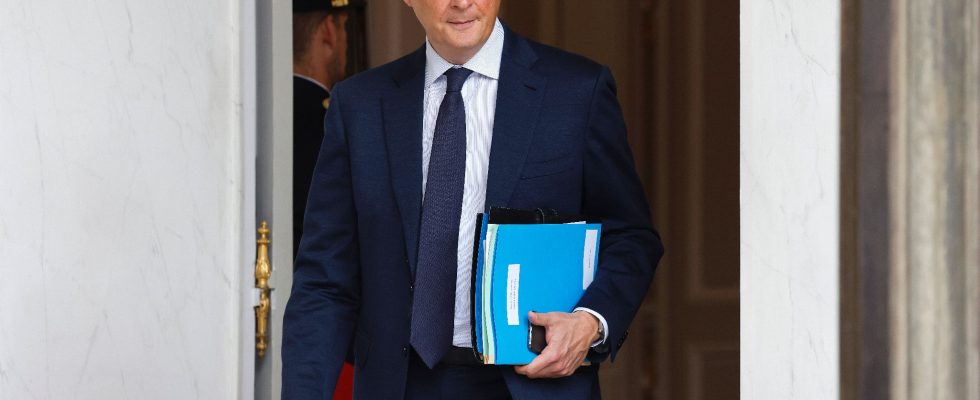In politics too, the future can be embodied in a simple equation. With the arrival of autumn, the National Assembly will celebrate the return of budgetary debates around the finance bill for 2024. Unsurprisingly, they promise to be stormy and not only because Elisabeth Borne should once again activate the lever of article 49-3 to achieve its ends.
Behind this highly anticipated psychodrama, the architecture of this budget raises questions. Let’s start with the objective: reduce the public deficit from 4.9% of national wealth to 4.4% next year with a target of 2.7% in 2027 at the end of the five-year term. True to its line, the executive insists that it will not increase taxes. Better still, he promises to continue their decline. Certainly, the reduction in the famous CVAE is spread over time and the middle classes will have to wait until 2025 to see their burden reduced by 2 billion euros. But the idea of exceptional taxation on high incomes or large assets is still rejected.
On the other side of the budget equation is the spending side. In order to meet commitments to reduce greenhouse gas emissions by the end of the decade, most experts estimate the public investments necessary at around thirty billion euros each year. To save the climate, we will therefore have to spend less elsewhere. And here comes the eternal debate on budgetary frugality again, the word rigor having become taboo. Next year, the executive promises 16 billion in savings… except that two thirds come from the extinction of checks and various aid put in place in 2022 to help overcome the energy shock. How then to complete the famous equation? How can we go beyond the simple planing and go beyond pension reform and unemployment insurance, two issues which have already captured public opinion?
In a country where the nanny state is sacred, the project seems titanic. And above all politically explosive. Unless… Unless the executive, faced with the imperative of ecological transition, renounces one of these promises. The first, to the French not to increase taxes. The second, that made to its European partners, to bring the hole in the public accounts below 3% of GDP. If we wait too long, the executive may be forced to sit on both.
